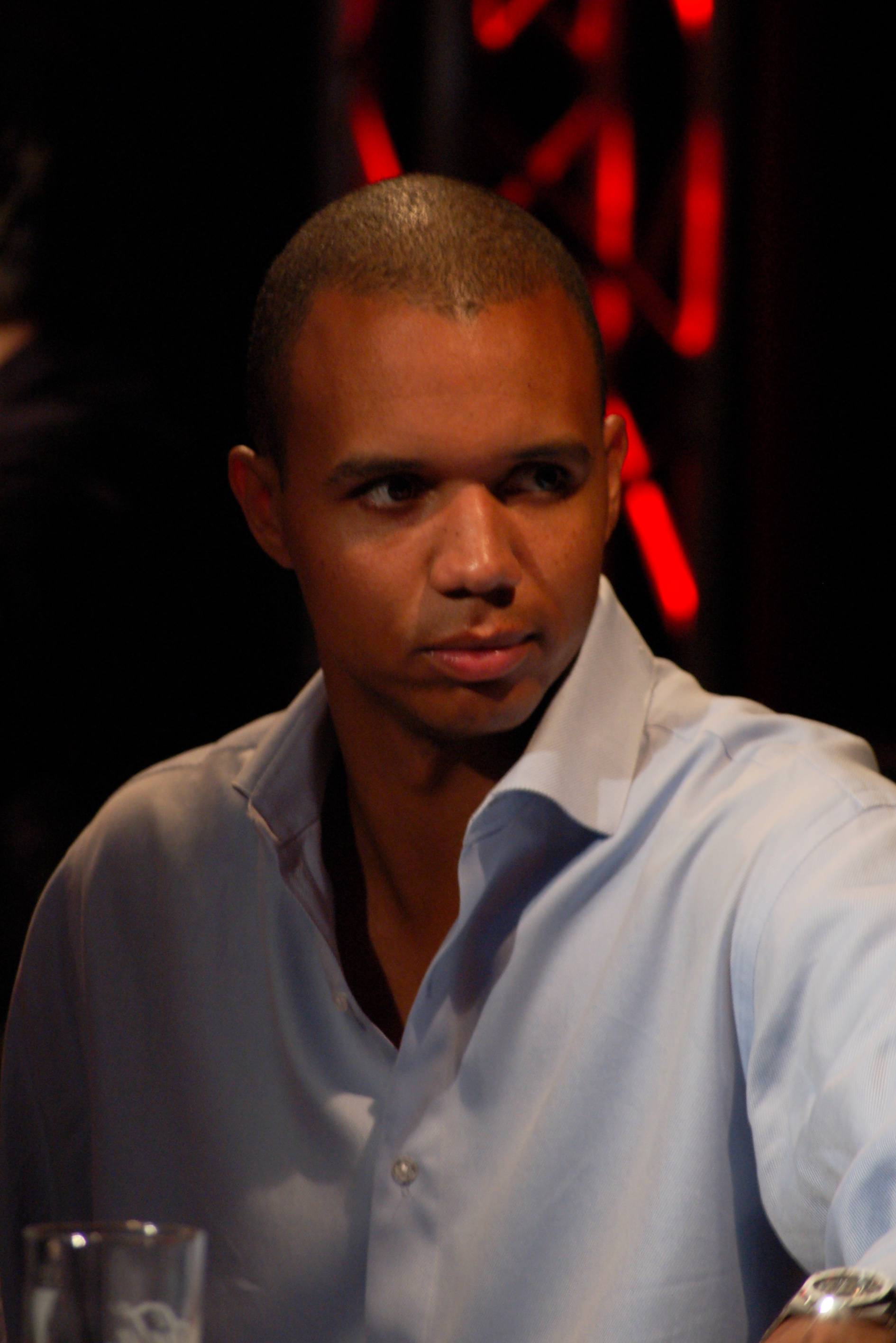
Singapore Could Adopt French Online Poker Model

Singapore’s poker cyber skyline could soon resemble the one in France. (Image: TheRealSingapore.com)
Singapore’s online poker landscape could have a distinctly French feel to it when legislation is finalized, thanks to a recent meeting between its Second Minister for Home Affairs and ARJEL. Despite criticism of ARJEL’s regulatory framework for online gaming in France, Singaporean delegates were keen to review its structure and find out what lessons could be learned from the model.
The French Decline
Since introducing governmental controls over the French online poker industry in 2010, the market has seen a steady decline. Indeed, as recently as April of this year, ARJEL’s quarterly performance report revealed that the number of new online poker accounts had dropped by 12 percent compared to 2013, and that cash game action had decline by 28 percent since the first quarter of 2012.
Although a number of players have complained about the continued downswing, there are some positives. According to the report, tournament poker experienced a 9 percent growth rate in the first quarter of 2014. However, the pressure being exerted on French poker players is now causing a dip in the online gaming sector’s overall revenue, with Q1 profits dropping from €72 million ($97,938,000) in 2013 to €65 million ($88,416,250) in 2014.
So why are the Singaporeans interested in the French model? In a nutshell: “strict requirements” and “performance”. While the statistical prowess of ARJEL’s regulation may not be able to match that of other more successful European countries, the gaming conditions are certainly comprehensive.
Durability and Efficiency
According to a recent press release, Singaporean officials, including the Second Minister for Trade and Industry, S. Iswaran, were anxious to meet with ARJEL President Charles Coppolani in order to study his tight regulations. Although still wary of the online gambling industry as a whole, Singapore is moving closer to official regulation, and when this happens, they want to have a “durable and efficient strategy.”
At present, Singaporean legislators are in talks with various industry stakeholders in a bid to define a competitive financial landscape for operators as well as players. Despite the French market moving backwards, it seems Singapore’s officials are prepared to accept Coppolani’s assertion that the recent decline in revenue is down to economic factors and that poker isn’t “as popular as it used to be.”
While Coppolani’s assertion may have some credence in relation to the French market, it seems that elsewhere in Europe, the popularity of poker is steadily increasing. Indeed, according to the latest figures provided by PokerScout, the Italian market is still relatively buoyant, with PokerStars.it attracting over 20,000 players at peak times.
Exactly which measures, if any, the Singaporean government will take from the French is unclear. However, with a population of just over 5 million, officials can’t afford to see the same sort of declines as France if online poker is to thrive when regulation is finally brought to fruition.















0 Comments